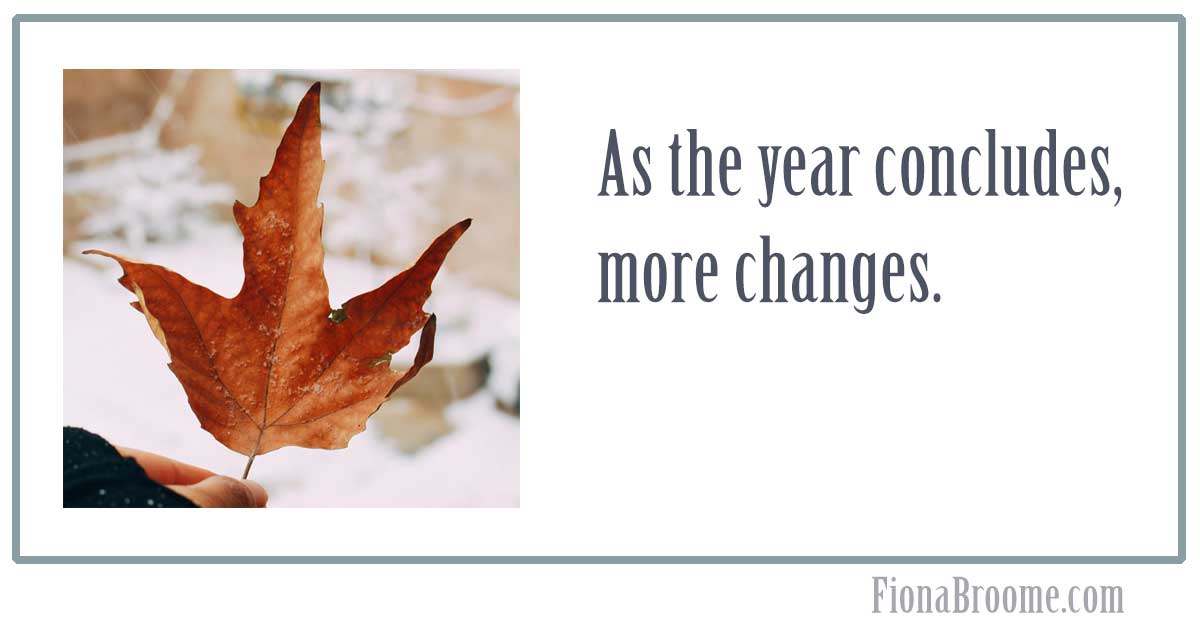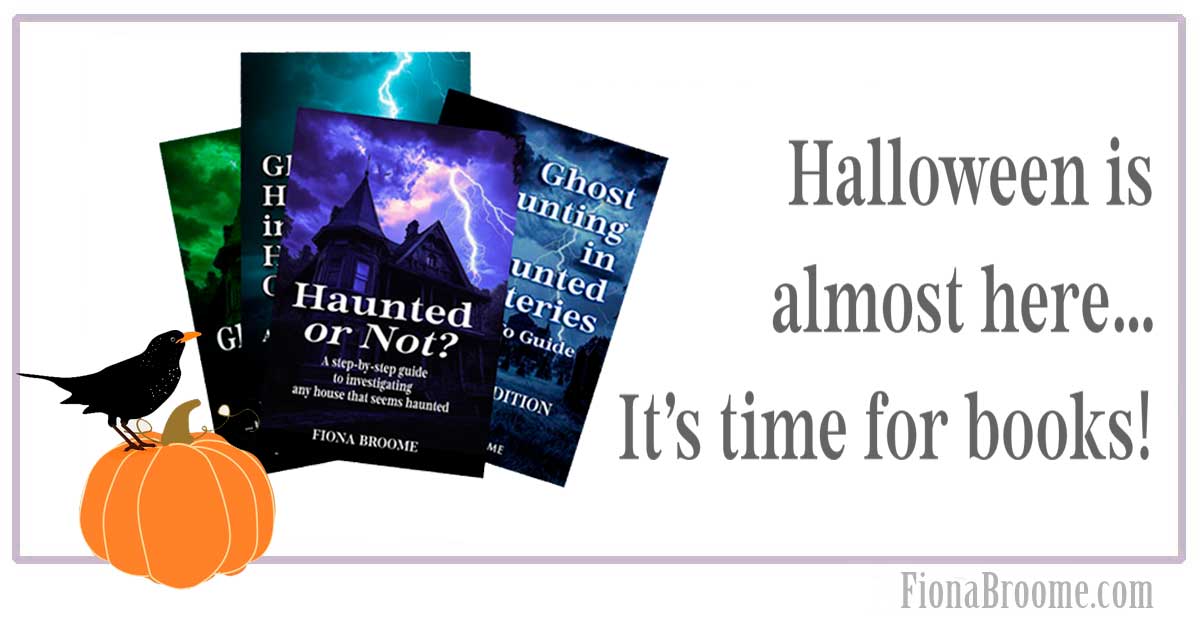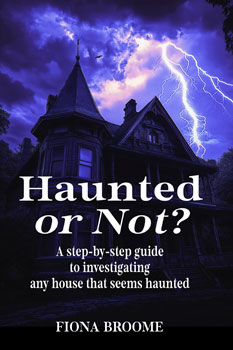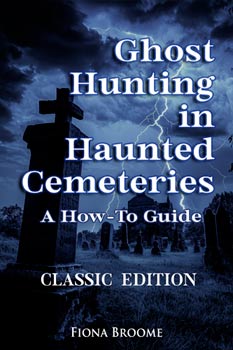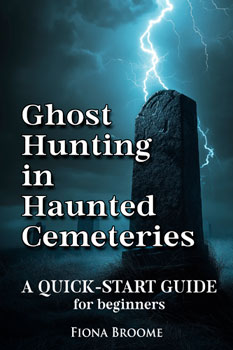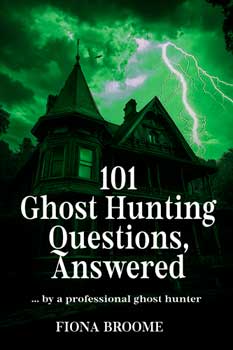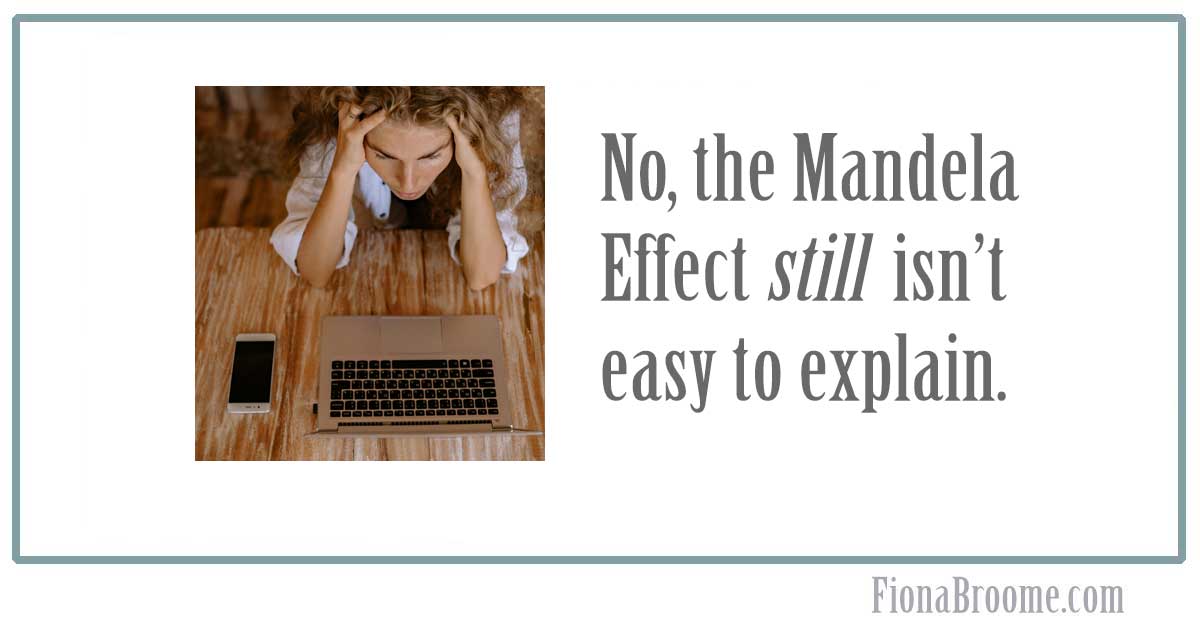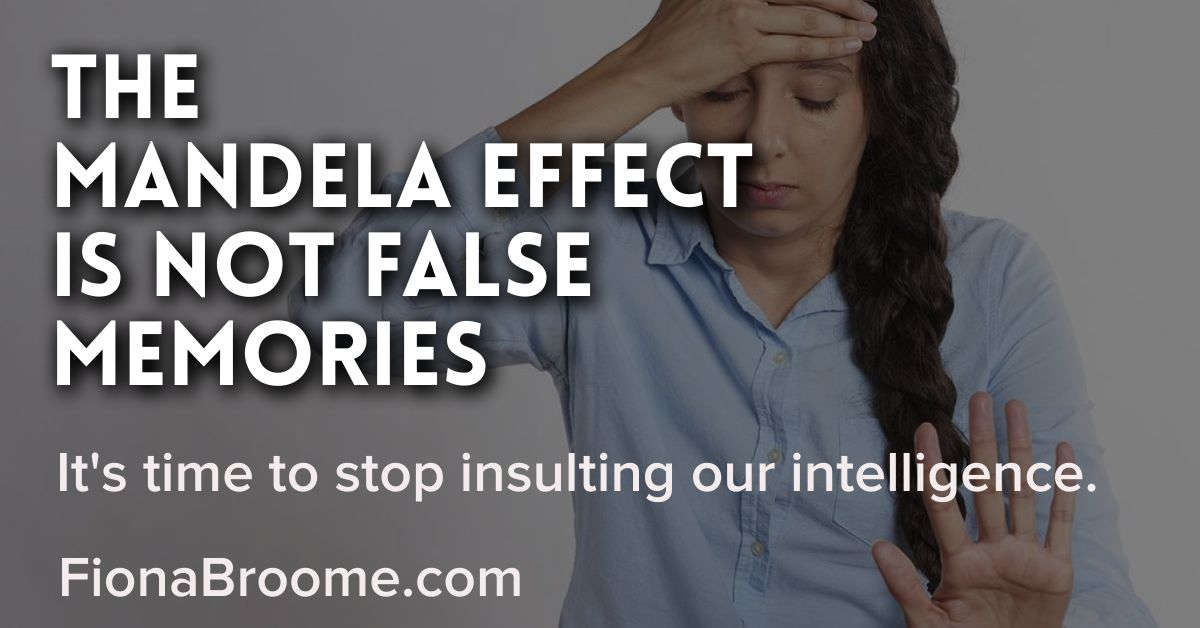As I write this, it’s challenging to realize it’s late October. In contrast with the photo above, coastal Maine (USA) has had temperatures near 80F.
The big holidays (Thanksgiving, Christmas, and New Year’s) will soon be here, and I’m not even close to being prepared for them.
Of course, 2024 has been a year of changes.
GOOGLE CHANGES THE GAME?
Google is leaning into their own AI answers to questions and topics entered into the search engine.
That means less traffic to websites, including mine.
After all, why would anyone keep looking for answers, if it seems like Google’s AI told them what they wanted to know? (Rhetorical question, but also highlights how search engines can effectively mute websites, and most people won’t care.)
Will people switch to DuckDuckGo, or ChatGPT’s search option? Or, will they go to Perplexity, which—while skeptical in tone—usually links to its sources?
I’m not sure. I’m hoping for a resurgence of personal websites. But, for most people with time constraints, AI may be the short-term answer.
I’m considering all of this as we approach 2025.
BOOKS AND WEBSITES
I was trying to complete one more book for Halloween since my books are most popular at this time of year.
However, with just a few chapters written and a two-inch, overflowing stack of printouts filled with reference materials, that’s not going to happen.
Also, I was trying to restore the Mandela Effect website and update it and moderate comments again. (Update: As of December 2024, I’ve decided that – for me – it’s not a worthwhile use of my resources.)
SOCIAL MEDIA?
Seeing more weird Facebook decisions, I no longer feel that being banned from the site is personal or even makes sense. Either their management is making odd choices, or their AI isn’t as astute as it should be… or both.
What happened to me at Facebook is similar to what – as I’m updating this in early November – seems to be happening to friends at other AI-managed sites, including Etsy.
This is troubling, and I’m not sure where it leads. I find the Neo-Luddite topic interesting. It’s not always practical or apparently (?) sensible, but interesting. The anti-social network in NYC may be extreme, but I applaud their efforts to minimize the damage caused by excessive reliance on social media, etc.
I started a Substack to see how I liked it, and if friends would find and follow me there.
My conclusion: For my purposes, Substack is a bit clunky and inconvenient. I’ve phased it out.
NEXT…
I’m taking a break. In the U.S., in addition to having a typically busy year, I’m feeling the same election fatigue many others are.
For me, the answer is to step back and pursue my favorite hobbies and interests, which happen to include researching history related to “haunted” places.
I’m also fascinated by Graham Hancock’s history series on Netflix.
With other interests singing a siren song, I’d already announced that I’m semi-retired… from topics I’m best known for, anyway.
- The Mandela Effect is a fun, intriguing topic, and I’m pleased that I was able to popularize it. However, as of December 2024, I’ve lost interest in maintaining the site and staying current with comments.
- As time (and mood) permits, I’d like to turn more of my ghost-related research papers and website articles into topic-specific books.
Frankly, I’m ready to pursue other interests, or at least shift my focus related to favorite topics.
It might be artistic photography at haunted sites. Or, it might be trekking to quirky historical and archaeological sites, with or without ghosts.
Or… I’m not sure yet.
Meanwhile, I wish you a wonderful holiday season and thank you for your continued interest and support. The friendships made during the past couple of decades have meant the world to me.
I hope our paths cross again in the future.

